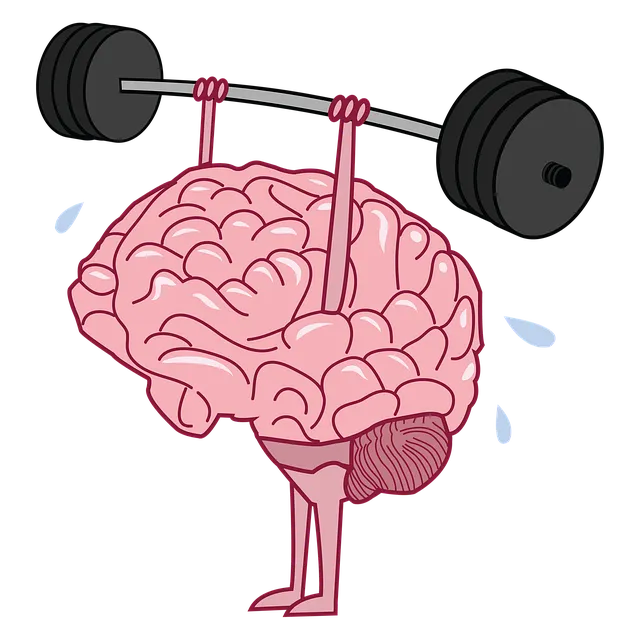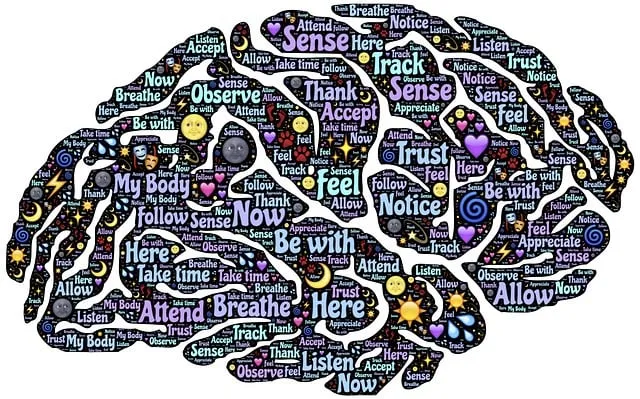Kaiser Permanente in Westminster leads mental health awareness efforts through comprehensive services, Empathy Building Strategies, and Trauma Support Services, reducing stigma. Community engagement initiatives, including workshops and campaigns, foster understanding. Their dedicated mental health number initiates support, promoting open conversations and normalizing mental wellness discussions, empowering proactive mental health management.
Mental illness stigma reduction is a critical aspect of fostering inclusive communities. This article explores effective strategies, highlighting the efforts of Kaiser Permanente in promoting mental health awareness and Westminster’s innovative approach to community engagement. We delve into powerful methods for education and empowerment, offering long-term solutions to break down barriers. By examining these initiatives, we aim to inspire sustainable change, ultimately reducing the stigma surrounding mental illness and encouraging open conversations. Explore these strategies, from Kaiser Permanente’s dedicated mental health services (1-800-662-HELP) to community-driven programs in Westminster.
- Understanding Stigma: Kaiser Permanente's Role in Mental Health Awareness
- Community Engagement: Westminster's Approach to Breaking Down Barriers
- Educating and Empowering: Strategies for Long-Term Change
Understanding Stigma: Kaiser Permanente's Role in Mental Health Awareness

Mental illness stigma reduction is a complex challenge that requires collective effort from healthcare providers, communities, and policymakers. Organizations like Kaiser Permanente play a pivotal role in this initiative by promoting mental health awareness and fostering empathy among their members. In Westminster, Kaiser Permanente has taken significant steps to combat stigma through educational initiatives and accessible resources. They offer comprehensive mental health services, ensuring individuals receive the necessary support for various conditions, from anxiety and depression to more severe traumas.
Their approach involves not only providing direct care but also implementing Empathy Building Strategies that encourage open conversations about mental health. By integrating Trauma Support Services, Kaiser Permanente helps patients heal from past experiences, promoting Positive Thinking and overall well-being. The organization’s efforts have been instrumental in shaping a more accepting society where individuals feel comfortable seeking help without fear of judgment or discrimination.
Community Engagement: Westminster's Approach to Breaking Down Barriers

Westminster’s community engagement efforts play a pivotal role in their stigma reduction strategy for mental illness. By actively involving community members and organizations, they aim to foster an environment that supports open conversations about mental health. This includes hosting educational workshops, panel discussions, and awareness campaigns that encourage empathy and understanding. The approach prioritizes local initiatives, ensuring relevant programs cater to the unique needs of the community.
These engagement techniques go beyond informational sessions. Westminster incorporates emotional well-being promotion techniques into community spaces, providing accessible resources for coping skills development. They also emphasize cultural sensitivity in mental healthcare practice, recognizing the diverse backgrounds within their community and adapting services accordingly. This holistic approach, coupled with the support of organizations like Kaiser Permanente, contributes to a significant reduction in mental illness stigma, ultimately leading to better access to care for all.
Educating and Empowering: Strategies for Long-Term Change

Educating and empowering individuals is a powerful strategy to reduce the stigma surrounding mental illness, a persistent issue in our society. Organizations like Kaiser Permanente play a vital role by providing resources such as their dedicated mental health number, accessible in Westminster and beyond, offering a first step towards support and guidance for those seeking help. Through educational initiatives, they can raise awareness about various mental health conditions, dispel myths, and promote understanding. This approach fosters an environment where people feel more comfortable discussing their experiences openly.
Encouraging emotional healing processes and burnout prevention techniques, such as journaling exercises focused on mental wellness, empowers individuals to take charge of their mental health proactively. By integrating these practices into daily routines, one can enhance self-awareness and develop coping mechanisms, ultimately contributing to longer-lasting positive changes. Such initiatives aim to normalize conversations around mental wellness, reducing the barriers that often prevent people from seeking the help they need.
Mental illness stigma reduction is a multifaceted effort, as demonstrated by the initiatives from Kaiser Permanente and Westminster. By increasing mental health awareness through educational programs and community engagement, organizations like these can foster understanding and break down barriers. Continuously challenging societal perceptions and empowering individuals with knowledge is key to long-term positive change. Numbers matter too; in this case, the rise in mental health support services offered by Kaiser Permanente and the community-driven approaches of Westminster show promise in reducing the stigma associated with seeking help, as evidenced by their increasing accessibility and acceptance.






